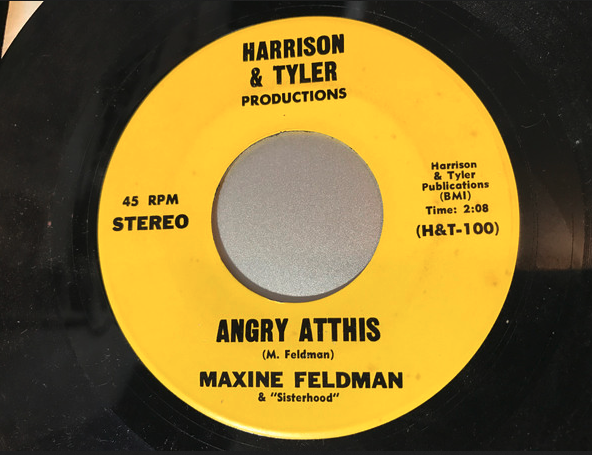by Kaylee Stanton
Fingers tracing the corners of pages.
The fluorescent lights filter the dust on book covers.
I’m drawn in,
into the sea of women’s melodies, words, wisdom.
Their voices call out, needless of response, just breathing in time.
And yet she finds me
and I find her.
Her life, a canvas of smudges and struggle
wrapped in the beauty of lavender petals.
Her poignant and powerful words cut deep,
releasing my ear from the bonds of thy master to the wild, to the feminine.
It’s not a clean cut.
The cord tangles, gnashing at freedom,
but the voice pierces it with the force of the women before her. The women after her, refusing to be silenced.
We sit at the table alone, the ink and I.
We have no reason for numbers or scales,
our conversation is proof enough
without the scaffolding of 19th-century quills.
Honest and raw, I am enough.
We time travel together to times of pain and rejection
and times of unity and comfort.
I melt into her lyrics of “Angry Atthis”, oh how soft, oh heartfelt. My ear listens but my body feels a spark.
The twinge. My shame.
My ear has been comfortable in captivity for far too long.
I invite this emotion in,
to sit at the table with us, my heart and head on the wood.
The spark sets the table on fire but we bask in its warmth. No water quenches the flame.
Her verses reckon with me, responding:
I know of who I am
I know my being to be joyful.
They see my heart and call it vile,
I see my heart, a lily of the Nile.
I buckled under the weight of fear,
our hands pressed only in the dark of night.
Feeling the world veil our hearts,
they hide us in glass closets for
“God forbid we reveal who we are.”
But hear our anthem rise
Collective strength, our voice.
Proud of who we are
Shattered glass, breath full, rejoice.
I find peace with this ink.
We have met before by another name, sharing the lines on the same page.
In her song, I find the answers
And they find their home.

I wrote this poem in response to the research by Jo Reger on the politicization of women’s music through Maxine Feldman. It is both a representation of the researcher journeying through research as well as honoring the feminist methods of research and an ode to Maxine Feldman’s song “Angry Atthis”. I was taken aback by the way Reger utilized both intellect and emotion to support her research, which I have never seen in this both/and way in research. To have permission to use emotion grounds the work in a way that using high theory can not. Reger’s research explains the concept of the “masculine ear” and how we have been taught to listen with this frame, similar to the male gaze. I really enjoyed the way she utilized this throughout her paper to reveal how women’s music created a new ear to listen, which I kept in mind throughout the poem. To me, rhetorical analysis is both beautiful and terrifying because it allows the researcher to claim power and authority within themselves which I represented with the spark of emotion turning into a fire before the researcher. In the same light, feminist rhetorical analysis usually doesn’t rely on dead white theorists to legitimize their work. Reger continuously emphasized how she had a conversation with Feldman’s lyrics, interviews, articles, etc., so I wanted to reflect that with the response of Feldman, inspired by the song which Reger analyzed. Overall, there is a theme of connection between the researcher and their work reflected in the poem as I was moved by the way feminist researchers refrain from severely separating themselves from their research, viewing it as a possible strength rather than something that would discredit the research. At its heart, Fully Searching is an ode to feminist rhetorical analysis research.

